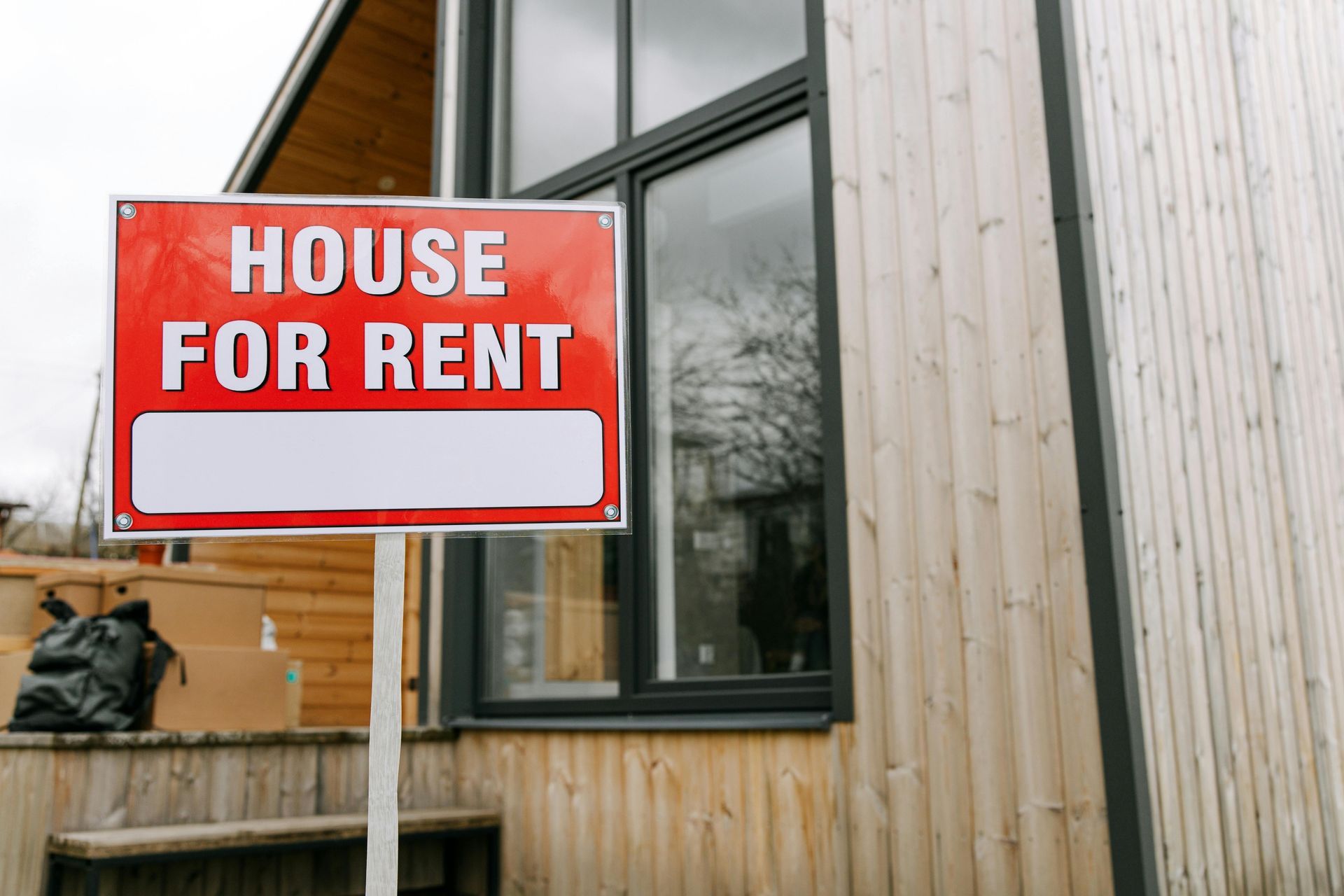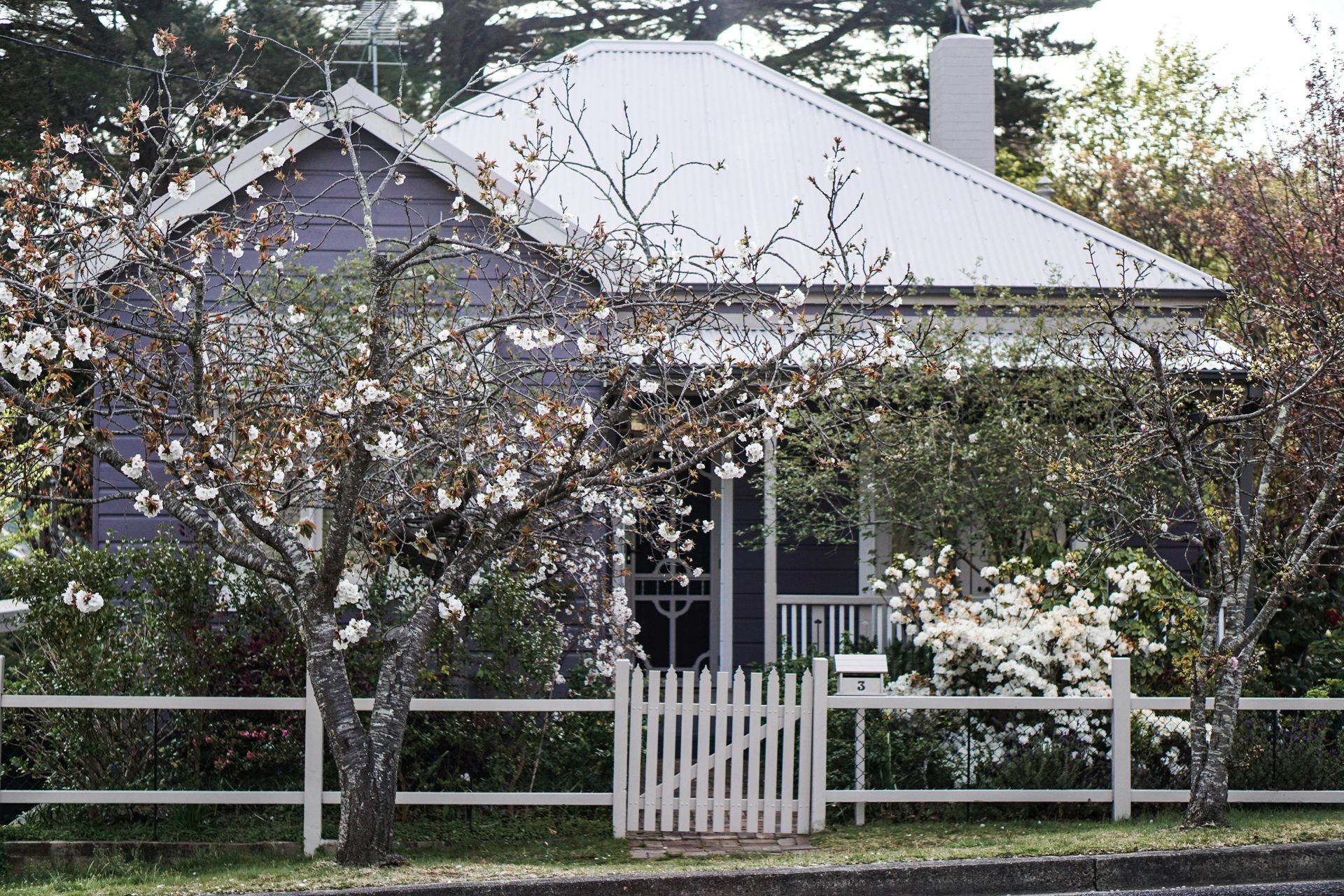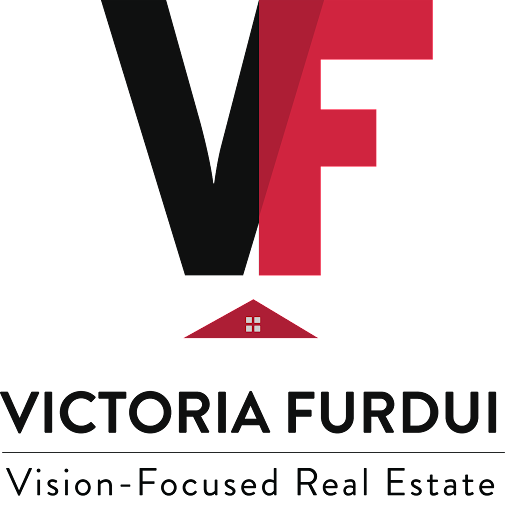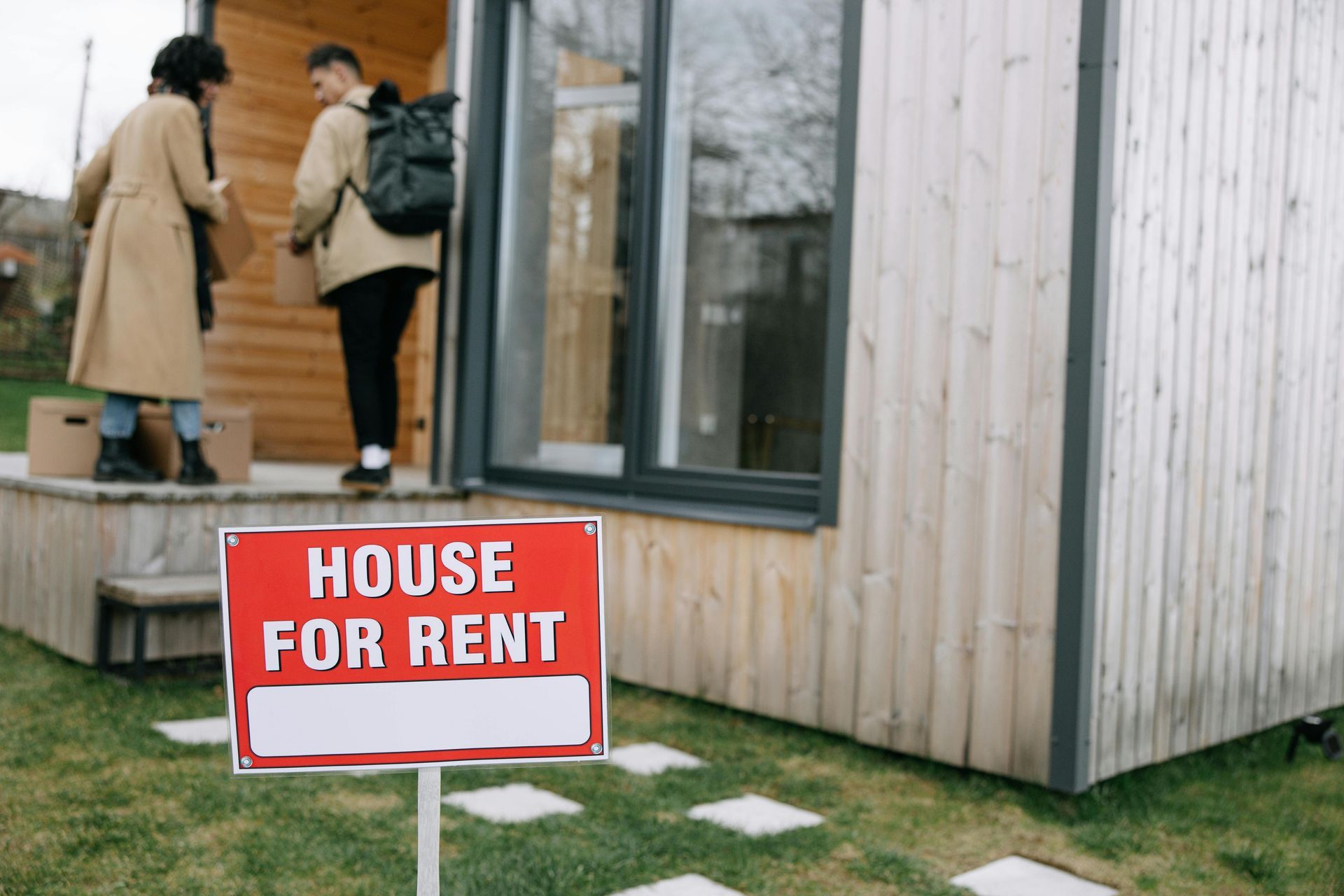First-Time Homebuyer's Guide to Real Estate in Guelph
Victoria Furdui • October 13, 2024
Understanding the Guelph Market

Affordability: Guelph is known for its relatively affordable housing compared to Toronto and other nearby cities, though prices have been steadily increasing.
Types of Homes: Guelph offers a range of housing options, including detached houses, townhomes, and condos. Detached homes and townhouses are the most common.
Neighborhoods: Guelph has diverse neighborhoods catering to different lifestyles. Some popular ones include:
South End: Close to amenities, schools, and shopping centers.
Downtown Guelph: Ideal for those seeking a vibrant city lifestyle with historic homes and proximity to restaurants and cultural sites.
Westminster Woods: Known for newer developments and family-friendly environment.
Steps in the Homebuying Process

2.1. Determine Your Budget
Get Pre-Approved for a Mortgage: Before you start house hunting, speak with a mortgage advisor to determine how much you can afford. Pre-approval strengthens your position when making an offer.
First-Time Homebuyer Incentives: The Canadian government offers several programs to help first-time buyers:
Home Buyers’ Plan (HBP): Allows you to withdraw up to $35,000 from your RRSPs to buy or build a qualifying home.
First-Time Home Buyer Incentive: A shared-equity mortgage with the Government of Canada that reduces monthly mortgage payments.
2.2. Choosing a Realtor
A local realtor with Guelph market expertise can help you find suitable properties, negotiate offers, and navigate the paperwork.
Realtors can also provide insights into upcoming listings and neighborhood trends, essential in a competitive market.
2.3. Begin House Hunting
Key Considerations:
Proximity to schools, transportation, and shopping.
Condition of the property (new builds vs. older homes).
Long-term potential for property value appreciation.
Attend open houses or book private viewings to get a feel for different homes and neighborhoods.
2.4. Making an Offer
Competitive Market: Guelph’s real estate market has been competitive, with multiple offers on well-priced properties. Be prepared to act quickly.
Offer Price: Your realtor will help you assess the market value of the home and craft a competitive offer. You may need to include conditions such as financing or a home inspection.
2.5. Home Inspection
Once your offer is accepted, hire a professional home inspector to assess the property’s condition. This can reveal any hidden issues like foundation problems, roof damage, or electrical issues.
Financing Your Home

Down Payment: The minimum down payment in Canada is 5% for homes under $500,000. For homes priced between $500,000 and $999,999, the down payment is 5% for the first $500,000 and 10% for the portion above $500,000.
Mortgage Types:
Fixed-Rate: Your interest rate remains constant throughout the mortgage term.
Variable-Rate: The interest rate fluctuates with market conditions, which can result in lower or higher payments over time.
Closing Costs to Consider

Land Transfer Tax: In Ontario, you’ll need to pay a land transfer tax when purchasing a home. The First-Time Homebuyer Refund Program offers a rebate of up to $4,000.
Legal Fees: Budget for lawyer fees to handle the closing paperwork, title searches, and any outstanding taxes on the property.
Home Insurance: Lenders will require you to have home insurance before they release mortgage funds.
Tips for First-Time Buyers in Guelph

Stay Informed: The market can change quickly, so stay in touch with your realtor and keep an eye on listings.
Set Realistic Expectations: While you may have a dream home in mind, compromises may be necessary based on your budget.
Be Ready to Act: In a competitive market like Guelph, houses can sell quickly. Be prepared with your finances and paperwork to act fast on a property you love.
Post-Purchase: Moving In and Maintenance

Once you’ve closed on your home, plan for moving costs and any immediate renovations or upgrades.
Budget for Maintenance: Owning a home comes with ongoing costs like repairs, maintenance, and property taxes. Consider building a small emergency fund for unexpected expenses.

Winter is very much an active time in the real estate market, and many homeowners successfully sell during this season. Whether you’re planning to list soon or later in 2026, winter offers a valuable opportunity to focus on improvements that can strengthen your home’s appeal and help it stand out to serious buyers.

Winter break is the perfect time for families to slow down, spend time together, and make some cozy seasonal memories. Whether you’re looking for festive outings, outdoor adventures, or kid-friendly indoor activities, Guelph has plenty to offer while school is out. Here are some great family events and activities to enjoy during the holiday break!

Winter in Guelph has its own kind of magic. From twinkling lights and cozy markets to skating rinks and snow-covered trails, the city and nearby communities offer plenty of ways to make the most of the season. Whether you love outdoor adventures or prefer hot cocoa and festive lights, here are some great ways to embrace winter in and around Guelph!

Summer in Guelph is something special. The city comes alive with music, culture, food, and community spirit. Whether you’re a lifelong local or new to the area, there’s no shortage of ways to celebrate the season. From outdoor concerts and cultural festivals to pirate-themed adventures (yes, really), Guelph’s summer events offer something for everyone. Here’s a roundup of some of the top festivals and happenings to check out this season!

If you’re the kind of person who feels most at home surrounded by trees, trails, and the sounds of nature, Guelph just might be your perfect match. Known for its strong sense of community and beautiful green spaces, Guelph offers a variety of parks and trails that make it easy to get outside and reconnect with nature, right in the heart of the city! Here’s a guide to some of Guelph’s most beloved spots for nature lovers, complete with real examples and local tips.

Navigating the rental process in Ontario means understanding the official notices used by the Landlord and Tenant Board (LTB). These notices are the first step in resolving many issues between landlords and tenants — whether it’s about unpaid rent, needed repairs, ending a lease, or illegal activity. There are notices that landlords serve to tenants, and others that tenants can file to address issues like harassment, maintenance problems, or rent abatements. Each notice has a specific purpose, required timelines, and a process that must be followed. In this guide, we’ll break down the most common and important LTB notices. Whether you’re renting a home or managing one, understanding these forms is essential to protecting your rights and resolving disputes legally and efficiently!

Spring is one of the busiest seasons for house hunting, and Guelph’s real estate market is no exception. After months of cold weather, snow, and ice, homes can show signs of winter wear and tear—some visible, some hidden. Before making an offer, it’s important to know what to look for so you can avoid costly surprises down the road.




